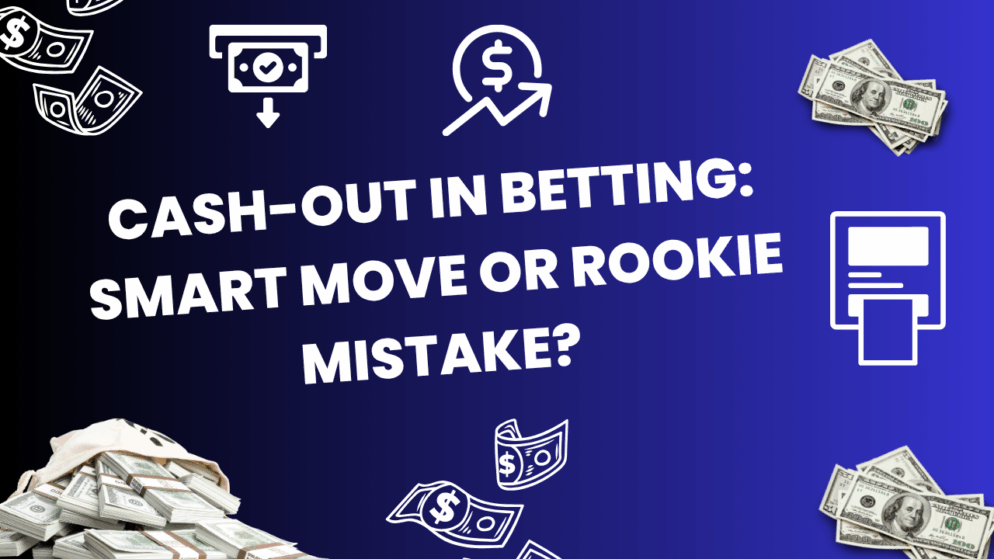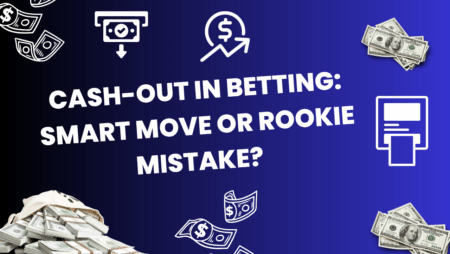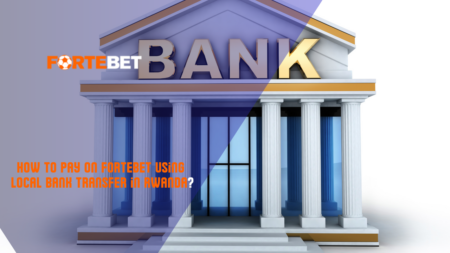

The cash-out feature has revolutionized modern sports betting, allowing punters to settle their wagers before events conclude. But this convenience comes with a critical question: does cashing out represent smart bankroll management or a costly amateur error? The answer depends entirely on your betting approach and understanding of when this tool truly adds value.
Understanding the Cash-Out Mechanism
Cash-out essentially allows bookmakers to buy back your bet at current market prices. When you place a wager, you’re locking in odds based on probabilities at that moment. As events unfold, these probabilities shift, and the cash-out value reflects your bet’s current worth in real-time.
If your team takes an early lead, your winning bet becomes more valuable, and the bookmaker offers a cash-out amount higher than your original stake. Conversely, if things go poorly, you can cut losses by accepting a partial refund rather than losing your entire wager.
The crucial point many bettors miss is that bookmakers build their margin into cash-out offers. You’re rarely getting true market value – there’s always a house edge embedded in the calculation.
When Cash-Out Makes Strategic Sense
Professional bettors use cash-out selectively, treating it as a risk management tool rather than an emotional escape hatch. The feature becomes valuable when your original betting thesis changes mid-game due to new information.
Consider backing a football team whose star striker gets injured in the 20th minute. Your pre-game analysis no longer applies, and cashing out prevents further exposure to an outcome you no longer believe in. This represents smart adaptation to changing circumstances.
Cash-out also proves useful for complex accumulator bets. If four of your five selections have won and the final leg looks uncertain, securing guaranteed profit might outweigh the potential of a full payout. Here, you’re making a calculated decision about risk versus reward.
Hedging opportunities present another strategic application. Experienced bettors sometimes use cash-out to guarantee profit when their original wager has moved significantly in their favor, essentially creating a no-lose scenario.
The Rookie Trap: Emotional Cash-Outs
The biggest mistake novice bettors make is using cash-out as an emotional crutch. Panic-selling a bet because your team concedes an early goal often means abandoning perfectly valid wagers at the worst possible moment.
Sports are inherently volatile. Teams come from behind regularly, and individual moments rarely determine final outcomes. Cashing out during temporary adversity typically costs money over the long term, as you’re accepting unfavorable terms when variance is working against you.
Another common error involves cashing out winning bets too early. Many recreational bettors see profit and immediately want to secure it, even when their original analysis remains sound. This “bird in the hand” mentality prevents them from maximizing value on their best predictions.
The Mathematical Reality
Every cash-out offer includes the bookmaker’s margin, meaning you’re rarely getting fair value. Over hundreds of bets, this margin erosion significantly impacts profitability. Successful bettors understand that short-term variance is the price of long-term edge.
Think of cash-out like insurance – sometimes it’s worth paying the premium, but most of the time you’re better off self-insuring through proper bankroll management and bet sizing.
Making the Right Decision
Smart cash-out usage requires discipline and clear criteria. Establish rules before placing bets: under what circumstances would you consider cashing out? Has fundamental information changed? Are you protecting long-term bankroll or reacting emotionally?
The feature works best as part of a broader strategy, not as a panic button. When used thoughtfully, cash-out can enhance your betting approach. When used impulsively, it becomes an expensive mistake that undermines long-term profitability.
Remember: good bets don’t need constant monitoring and premature exits. If you find yourself frequently tempted to cash out, it might indicate you’re betting beyond your comfort zone or lacking confidence in your analysis.





